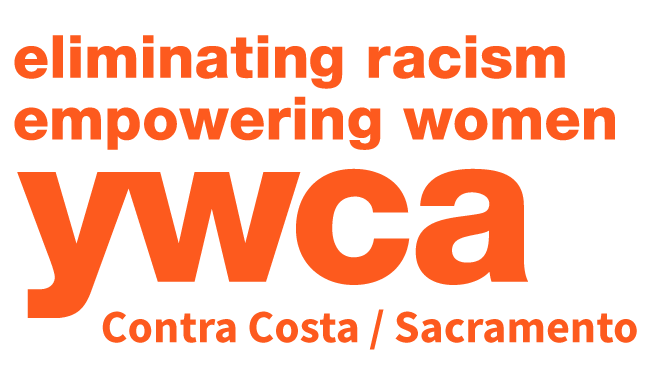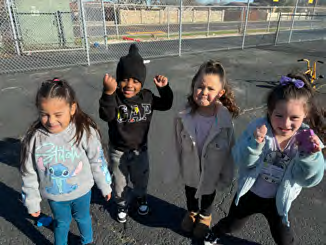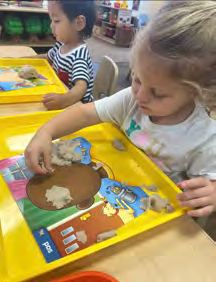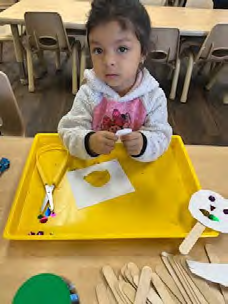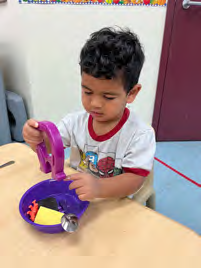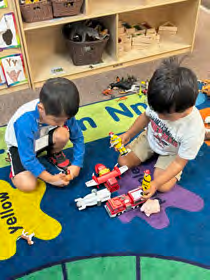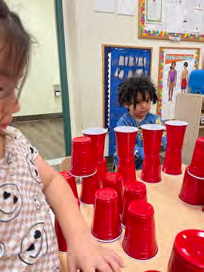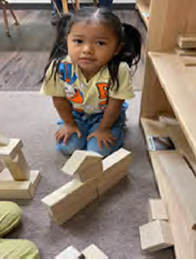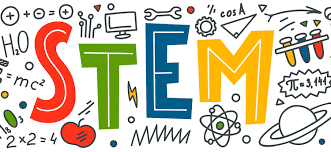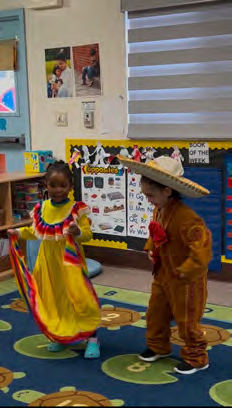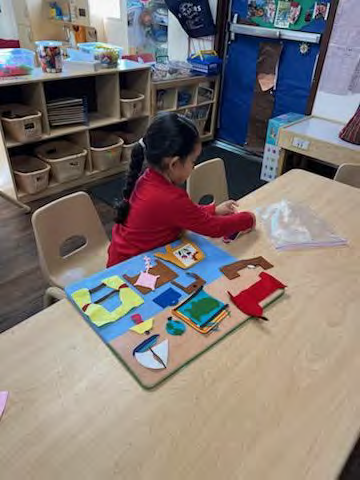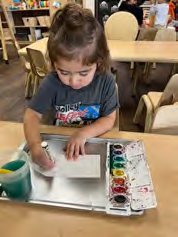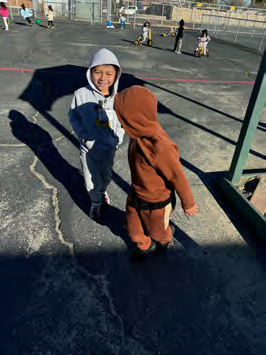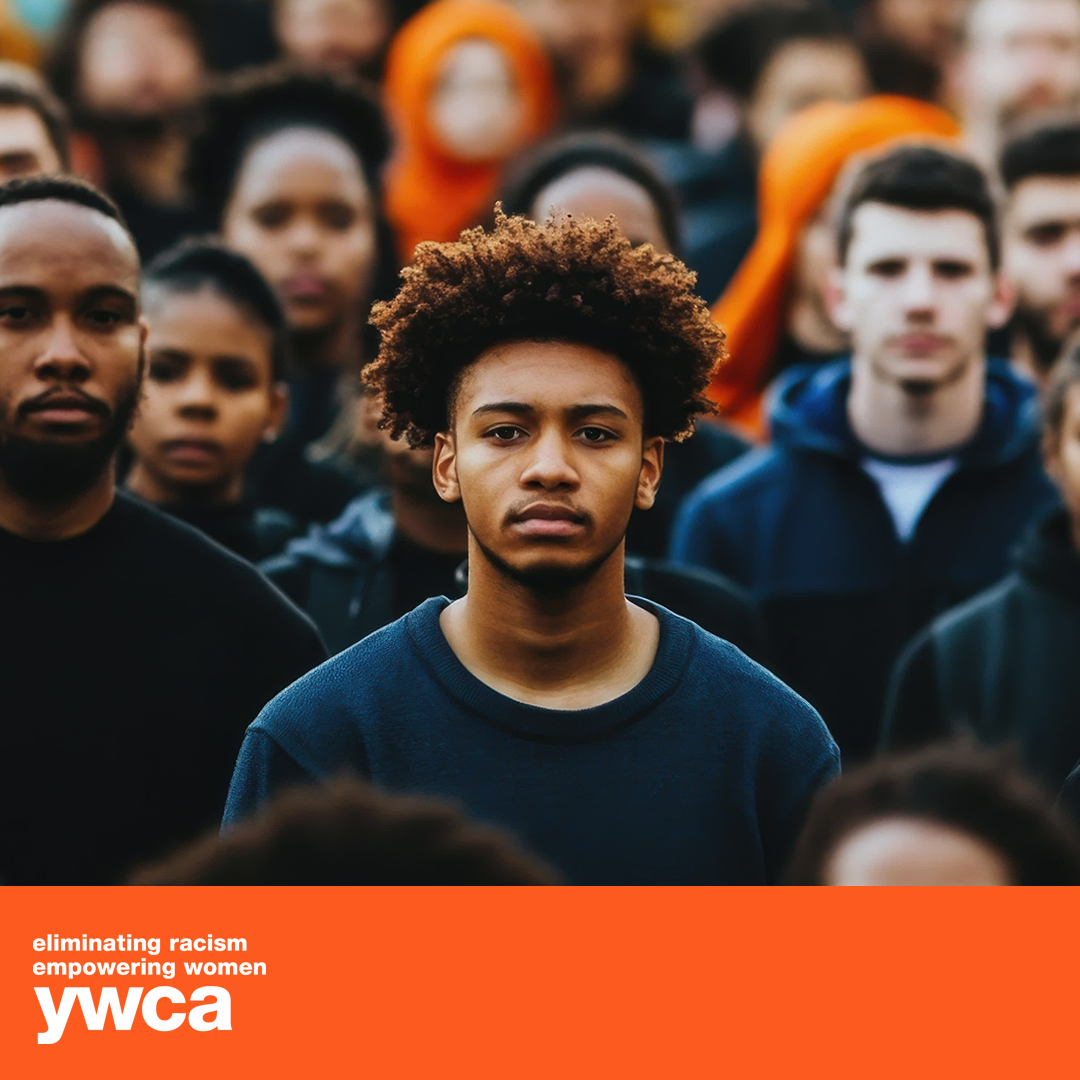Mental Health
Parenting:
Reasons Routines Are Essential For Children
Children thrive with security and communication and often fear the unknown. Routines are an important part of a child’s life. Whether in the classroom, daycare, or at home, it is important to create routines to help children succeed in their daily lives. Keep reading to learn more about how essential routines are for children and the people that surround them.
Routines Establish Expectations:
All caregivers know that there is a significant power struggle that can accompany getting children to do things they do not want to do, especially when a child is tempted by something fun. Bath time, bedtime, and clean-up time are interruptions to fun and play for a child. One way to combat the temper tantrums that come along with introducing something a child will not want to do is proper transition time with routine. If children know ahead of time that they have to pick up their toys after they play and that they have a nap at the same time every day, they begin to expect and complete activities without fear of sudden change. Children also learn that certain tasks are expected of them at certain times and not at random.
Routines Are Essential to Children’s Health:
Children’s bodies are like clocks and routines help them function and maintain healthy systems. Having a proper routine with designated task times will help your child:
- Sleep well at night and at nap time
- Eat full, healthy meals that satisfy them for longer periods of time
- Behave calmly during down time throughout the day
- Maintain regular bowel movements which can help avoid stomach aches
- Experience overall mood improvement
If your child becomes accustomed to routine times for these daily activities, their bodies will adjust and give them natural queues, for instance feeling hungry around lunch time or sleepy around nap time.
Routines Allow Children to Bond With Their Families
Children notice what is important and recognize times for family activities and bonding when it’s part of a routine. Families can bond through performing routines together. Some family routines include family meals, walking together, and designated family time throughout the week. Family bonding does not always have to be leisurely. Teaching children to help their siblings with chores or shared responsibilities that must be completed together are great ways for children to bond with their family while learning teamwork and communication skills.
Routines Foster Confidence and Independence
Rather than needing to be told what to do at each step, routines allow children to build confidence and feel independent. This is especially important for your “do-it-myself” toddlers. When children feel that they have some control over what they must do, they are more likely to do it. Not only will creating a routine teach them how and when to execute tasks themselves, but it will help them feel empowered and learn to take pride in doing what they are supposed to do. Cultivating such confidence and independence can make them less likely to rebel or retaliate.
Routines Offer Emotional Stability
Change and stress greatly impact a child’s sense of security. Divorce, moving, a new school or daycare, and even a new sibling can be very stressful changes for children. An established routine provides a sense of normalcy. A child will find stability and calmness through that sense normalcy when things around them are changing and can help teach healthy ways of adapting to change.


